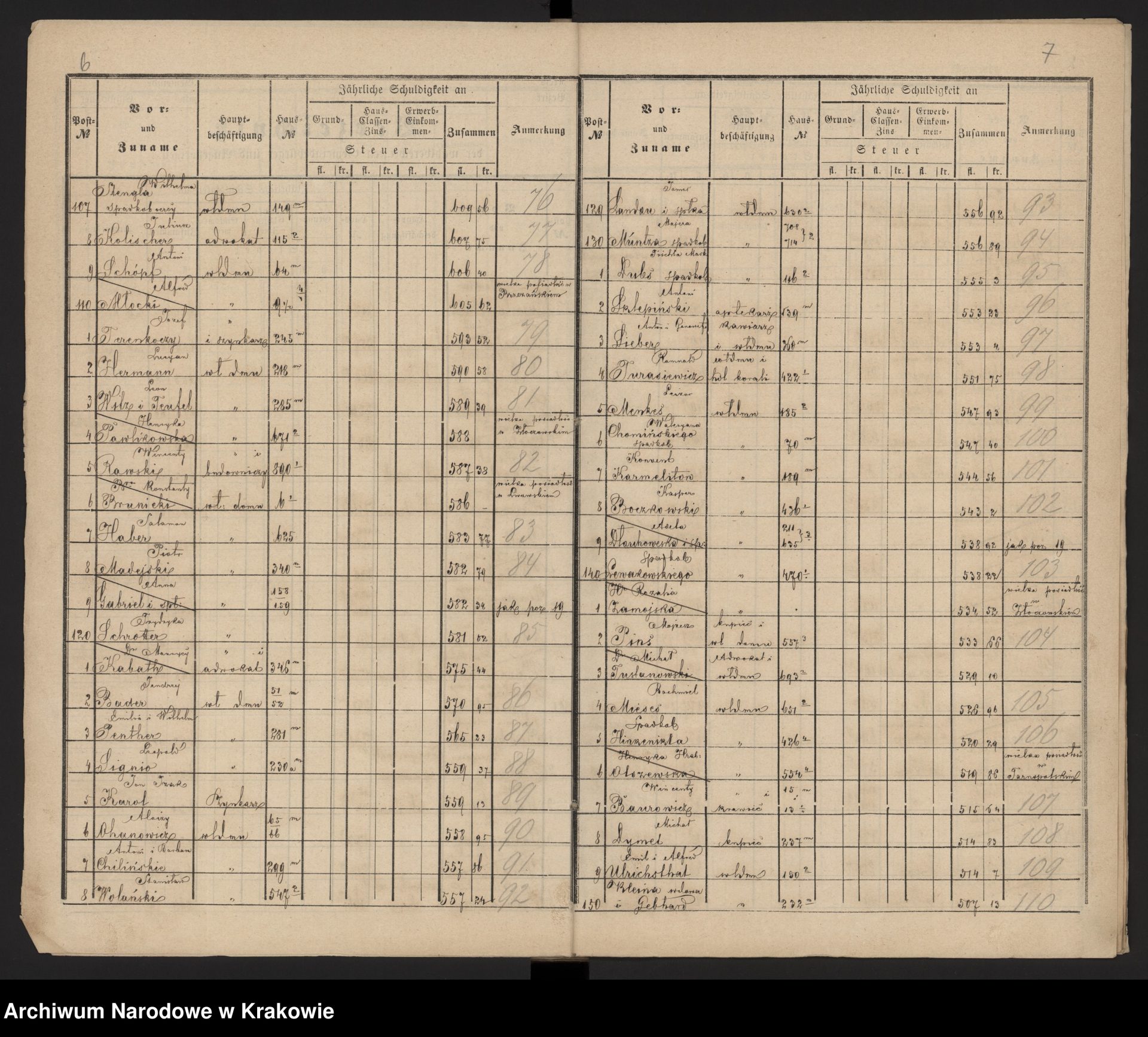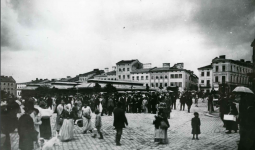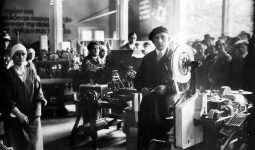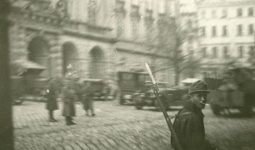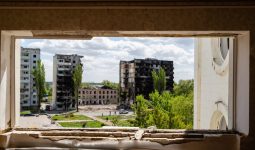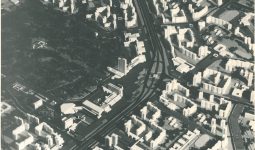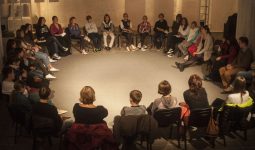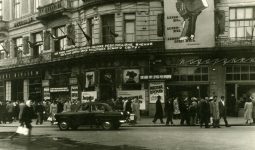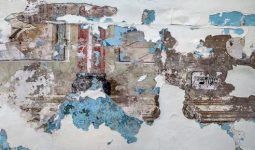Lviv's Urban Elites — Space, Practices, and Self-Representation
Dr. Vladyslava Moskalets
This project focuses on the economic elites who were active participants in the Lviv urban space in the second half of the 19th and early 20th centuries. It was the period of rapid city development, its increasing importance, and a time of construction and transformation of urban space. It was the period of the rise to power of Polish political elites, emancipation, and active acculturation processes among Jews, as well as the emergence of a new layer of secular Ukrainian elites. The project aims to understand how new economic elites began to influence and manifest themselves through the city.
The multi-ethnic profile of the city, in which Poles, Jews, and Ukrainians coexisted, often leads one to view the history of the 19th century as a battleground for the competition of different national movements and ideas. Focusing on economic status and urban representation will allow us to look at urban elites from a different perspective, in which practices are more important than the discourse that elites create about themselves.
The project incorporates several smaller research issues. The first is the actual database creation of the wealthiest and most influential community members and an attempt to understand what their professional employment structure looked like and in what ways they could influence political, economic, and cultural processes. The mapping of housing trends in Lviv in the second half of the 19th century is intended to trace the representation of elites in the city and to understand whether prestigious and poorer neighborhoods were formed along with the construction and development. The elites' practices, such as the tendency to construct separate winter and summer dwellings, interior design, and changes in dwellings, are a manifestation of status and self-representation.
The formation of elites and their reproduction through upbringing and education is another part of the research. The selection of a marriage partner, the way children were raised, and the decision to attend a particular school or gymnasium demonstrated the search for a balance between pragmatic decisions and status formation. The informal socialization that occurred in Lviv's modern spaces, such as coffee shops, social gatherings, and restaurants, exposed group divisions within the city that did not necessarily match ethnic or political leanings. The internal differentiation within elite environments highlights the tension that arose between the old noble and new commercial elites. The issue of reproduction enables us to expand the gender aspect of the research and show groups, such as women and children, that are absent from official documents.
The archive and published material, such as taxpayer lists, shematyzms [An annual handbook of institutions and officeholders, t\n], materials from the Chamber of Commerce, and biographical dictionaries, will be used as sources for the database which will allow us to see the economic status of Lviv residents. A significant part of the source material consists of ego documents in Polish, Ukrainian, Yiddish, and German, along with visual materials.
Credits
Cover Image: 29/684/0/1/1826 Archiwum Narodowe w Krakowie Materiały do encyklopedii krajoznawczej Galicji Antoniego Schneidra, hasła: Lwów miasto
